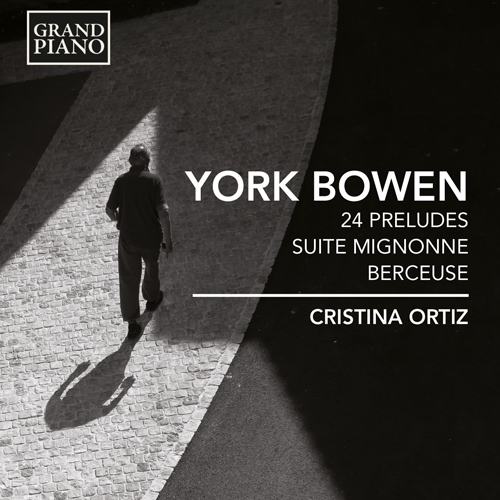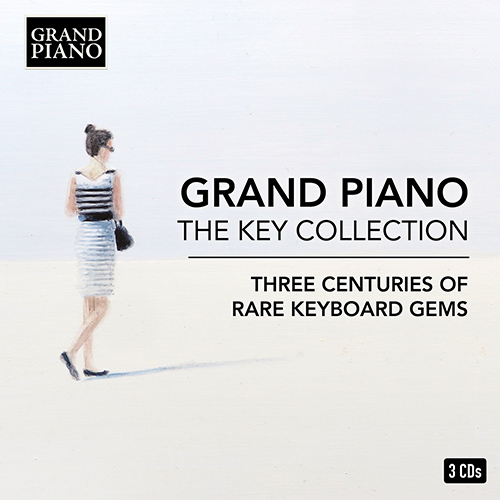
York Bowen (1884 - 1961)
Described by Saint-Saëns as ‘the most remarkable of the young British composers’, York Bowen was widely known as a pianist and as a composer, his fame reaching its zenith in the years immediately preceding the First World War. The youngest of three sons, he was born on 22 February 1884 at Crouch Hill, London. His mother, an accomplished musician, taught him piano and harmony and by the age of eight he was studying at the Blackheath Conservatoire. In 1898 he won a scholarship to the Royal Academy of Music, studying piano with Tobias Matthay and composition with Frederick Corder until 1905. A gifted student, he won many prizes for piano and composition, including the Worshipful Company of Musicians’ Medal. Bowen was appointed Professor at the RAM in 1909, a post he held for the next fifty years. With regular performances at the Queen’s Hall and later at the Royal Albert Hall, his piano playing received critical acclaim for its technical and artistic excellence. In addition to his successful career as a solo (virtuoso) pianist, he formed celebrated duos with the great viola player Lionel Tertis and the pianist Harry Isaacs. Active as a musician to the last, Bowen died suddenly at his home in Hampstead at the age of 77 on 23 November 1961.
In a career which spanned some sixty years, Bowen was a prolific composer, writing over 160 works with opus numbers and several more which he left uncatalogued. Among his large-scale pieces are four symphonies and four piano concertos, the first of which he was invited to play at the Proms under Henry Wood. Other orchestral works include concertos for violin, viola and horn (given their premières by Marjorie Hayward, Lionel Tertis and Dennis Brain, respectively) and tone-poems such as The Lament of Tasso, first performed by Sir Henry Wood in August 1903. His proficiency on many orchestral instruments, notably horn and viola, served him well in his orchestral writing. Within his corpus of chamber music there are string quartets and piano trios, as well as a horn quintet and bass clarinet quintet. He wrote six piano sonatas dating from 1900 to 1961, together with sonatas for clarinet, flute, oboe, recorder, horn, violin, viola and cello. Influenced by the mastery of Tertis’s playing, Bowen did much to extend the repertoire of the viola (in addition to the aforementioned concerto and sonata, he also wrote a Fantasy for viola and a quartet for four violas). The piano, however, dominated his output to an exceptional degree for a twentieth-century British composer and his strikingly idiomatic writing for the instrument earned him the sobriquet of ‘the English Rachmaninov’.



 Grand Piano has gained a reputation for producing high quality recordings of rare keyboard gems. Dedicated to the exploration of undiscovered piano repertoire, the label specialises in complete cycles of piano works by many lesser-known composers, whose output might otherwise have remained unknown and unrecorded.
Grand Piano has gained a reputation for producing high quality recordings of rare keyboard gems. Dedicated to the exploration of undiscovered piano repertoire, the label specialises in complete cycles of piano works by many lesser-known composers, whose output might otherwise have remained unknown and unrecorded.






